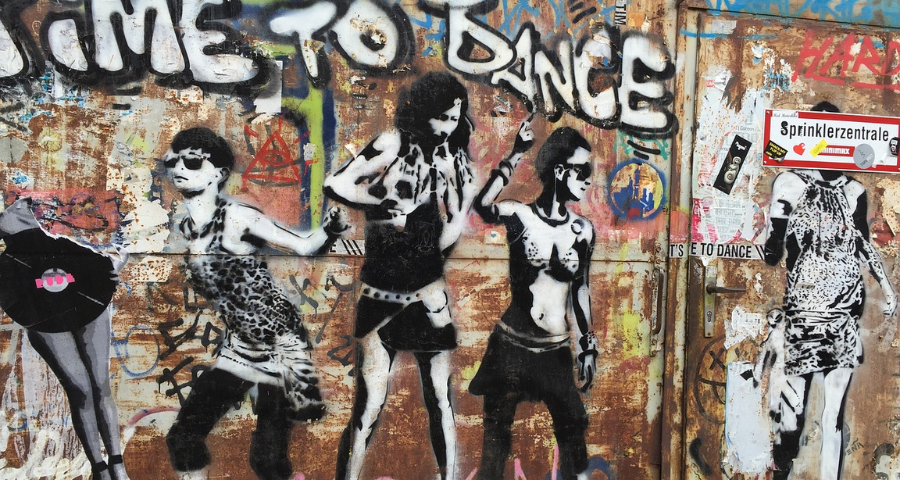
Inflation weakening generosity in France, research indicates
May 29, 2023
IFC 2023 in-person workshop programme announced
June 12, 2023Arts and culture sector funders must be increasingly open to collaborative and participatory approaches, and become more intersectional and cross-cutting in their focus, says a new study by Europe-wide philanthropy body Philea.
Arts and Culture at the Core of Philanthropy is based on a survey of 64 funders in 17 European countries. Total annual spending by those funders is €2bn, with a quarter of that going to arts and culture. The study also shows that only a minority (11%) of respondents are planning to decrease expenditure for arts and culture next year.
The three largest concerns expressed by respondents were: inflation and rising living costs; recovery from the Covid-19 pandemic; and structural weaknesses in the cultural sector. The report says that many funders are responding to this with new strategies and resilience-building programmes, as well as improving their participatory and collaborative processes.
The survey finds that while the majority (58%) of respondents involve beneficiaries in their work, this appears to be more common in larger organisations. In most cases, participation involves direct relationships, but in some organisations it is done solely through grantees or partners.
Dea Vidović, director of Philea’s Arts and Culture Network and director of Croatia’s Kultura Nova Foundation, writes in the report that collaboration is now “imperative for foundations seeking to create a meaningful and sustainable contribution to cultural development and society”.
She adds that new forms of collaboration are emerging:
“Unlike earlier practices that only involved foundations’ beneficiaries in the consultation phase [of a project], new ways of working emphasise establishing collaborative processes with multiple levels of participation, recognising the importance of engaging stakeholders and communities in decision-making processes in arts and culture.”
Different forms of support
The report also gives examples of funders increasing their cross-cutting and intersectional work, both by looking at arts and culture’s intersections with topics such as democracy, environment or climate, and by intentionally focusing on groups affected by multiple forms of discrimination.
The study asked too about the type of support foundations provide to the arts and culture sector. The most common (80%) is grants, with 64% of those foundations providing short-term grants, 47% providing long-term grants, and 65% providing core support. Other forms of support provided were:
- 59% operate their own programmes;
- 41% give prizes and awards;
- 25% give fellowships and scholarships;
- 22% provide general support; and
- 19% operate one or more institutions
Non-financial support is provided by 59% of respondents, and more commonly by larger rather than small organisations. The forms of non-financial support provided were:
- 36% access to connections, networks, partners or funders
- 36% organisational development support
- 30% co-branding
- 30% facilitating workshops
- 27% comms and advocacy support
- 23% free access to meeting facilities
Photo by ingeborgkraka on Pixabay




